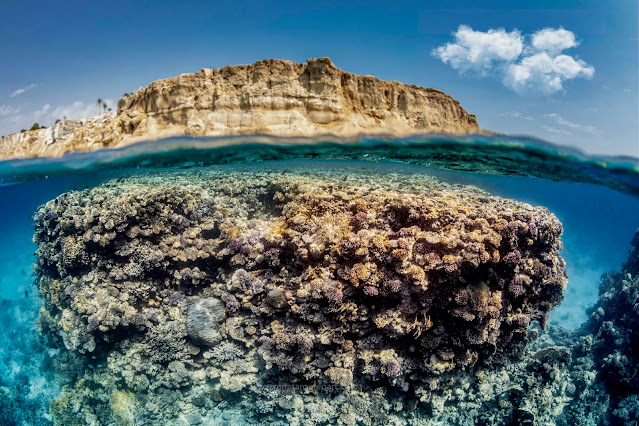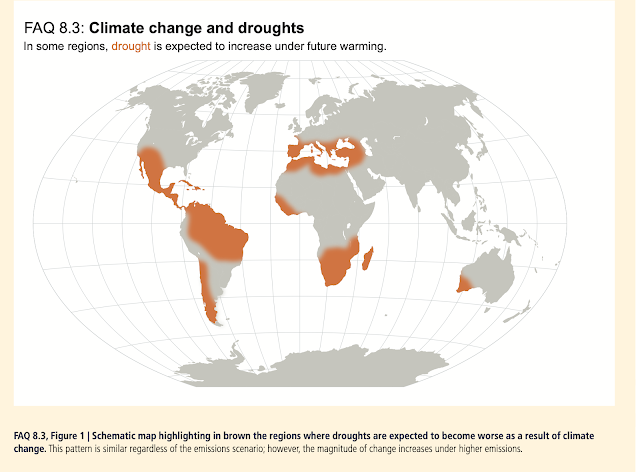What Coral Bleaching on the Great Barrier Reef means

Dr Anjani Ganase, coral reef ecologist, looks at the bleak picture through the lens of the degradation of coral reefs worldwide, and what we must do to reverse the trend towards an unsustainable existence. El Niño climate conditions aggravated by man-made global heating caused mass bleaching on coral reefs in the northern hemisphere during the summer of 2023, and brought devastation and mortality to reefs throughout the Caribbean. In Tobago, above average temperatures persisted for three months (September to November 2023). Over the past month, these conditions have delivered a deadly blow to the Great Barrier Reef in Australia. Anomalously high ocean temperatures have been washing over the reefs for at least ten weeks, similar to the heat waves experienced in Caribbean. Initial reports from the Australian Institute of Marine Science who conducted aerial surveys state that broadscale mass bleaching has occurred along the shallow reefs in the impa...





